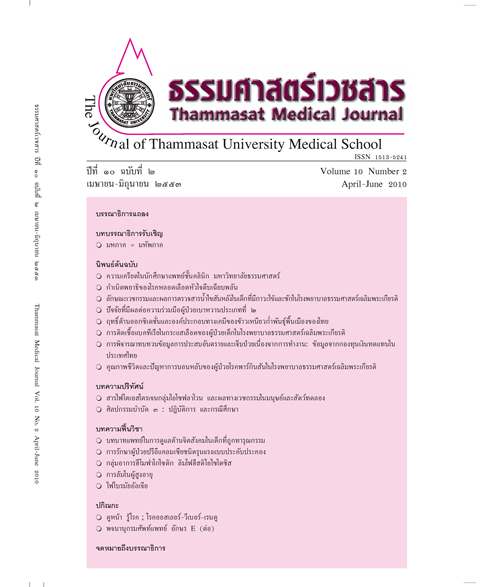Expectant management of severe pre-eclampsia
Keywords:
Severe pre-eclamsia, Expectant managementAbstract
Pre-eclampsia is a form of hypertension that is usual to human pregnancy. The clinical findings canmanifest as either a maternal syndrome (hypertension and proteinuria with or without the others multisystem abnormalities)or as a fetal syndrome (intrauterine growth retardation of fetus, oligohydramnios and abnormal oxygenationsupply). Preeclampsia is clearly a heterogeneous condition for which the pathogenesis could be different in women withvarious risk factors. The pathogenesis of disease among women may be different vary from healthy nulliparous womento women with preexisting vascular disease or multiple pregnancies. More over the pathophysiology of preeclampsiawith early onset may be different than that of preeclampsia developing at term, during labor, or postpartum stage.
Pre-eclampsia complicates around 6 to 8 % of all pregnancies and is the common cause of maternal mortality.Although the etiology is unknown, it is clear that the design for the development of this condition is placed downearly in pregnancy period.
Once the diagnosis of pre-eclampsia has been made, treatment options are limited. The delivery of the fetusremains the only effective treatment. But sometime it is difficult to make the decision especially in the pregnancies thatremote from term. According to criteria of diagnosis of severe preeclampsia, some criteria may not be proper used formaking decision to termination of pregnancy, i.e., heavy proteinuria, intrauterine fetal growth retardation (IUGR) only.If possible in specific conditions for example; only proteinuria or IUGR, it may be considered for expectant managementfor prolongation of pregnancy whose gestation remote from term. The expectant management goal is to reduce theperinatal morbidity and mortality in the premature infants by steroid treatment.
The topic will discuss issues that should be considered in selecting women with severe preeclampsia forprompt delivery against expectant management.
Key words: Severe pre-eclamsia, Expectant management



